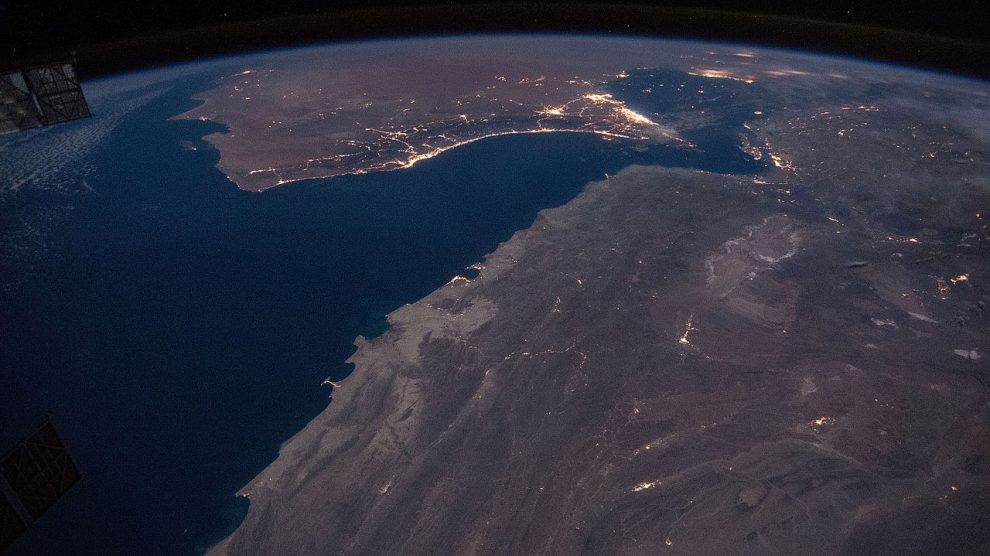Europe looks to the Gulf again due to the war in Ukraine and its effects. And the United Arab Emirates – which are now led by Mohammed Bin Zayed, following the death of Sheikh Khalifa Bin Zayed al Nahyan – may be central to restoring relations following the past year’s crisis.
Let’s discuss. In opening Decode39’s Live Talk on the matter, our own Emanuele Rossi underscored a few key elements:
- There’s a brand new strategic partnership document between the European Union and the Gulf States, and Joe Biden is rumoured to visit Riyadh soon.
- As Mr Rossi noted, “that’s important news at this very complicated junction,” as Mohammed Bin Zayed is among the biggest policy shifters both in his country and the wider region.
Expect continuity. According to Eleonora Ardemagni (research associate of the Italian Institute for International Political Studies and scholar in Islamic Asian History and New Conflicts at the Catholic University in Milan), there will be continuity in the UAE’s domestic and foreign policies.
- Domestically, under Khalifa Bin Zayed’s presidency, as she explained, the UAE has increasingly become more politically centralised around Abu Dhabi, which has 90% of the federation’s oil reserves.
- On the other hand, foreign policy since 2019 has been less centred on military intervention and closer to the economic, commercial and maritime elements that emanate from Dubai.
- “Now, thanks to the UAE’s pragmatism – and that’s why they get along well with China – foreign policy is slated to focus on the economic priorities of the Emiratis and the whole Gulf Cooperation Council area.”
The geopolitical outlook. Ms Ardemagni credited the UAE with having realised before anyone else that the world was shifting towards multipolarity, which pushed the other Gulf countries, too, to diversify their revenues.
- “The real game being played in the Gulf is the indirect contest between China and the United States, and that is why we saw the large US delegation coming to Abu Dhabi to commemorate the death of Khalifa Bin Zayed.
- The Gulf countries’ multipolar field choice “is not reversible,” she posited, but the monarchies are “interested in reviving the strategic partnership with the US:” the unresolved issue of the Iran nuclear deal still lingers in the background, and Gulf countries still need the US for security reasons.
Diplomacy and energy. Arturo Varvelli (Director of the Rome office of the European Council on Foreign Relations) noted how the Gulf had gained strategic centrality over the past decade. He identified two main drivers:
- The Abraham Accords have “reconfigured relations between some important regional actors, who are back to talkiIng to each other and fostered a détente in the area.”
- The Russian war in Ukraine, “which is highlighting some typical characteristics of the Gulf countries, as last-resort suppliers of energy.”
Energy, you say? This makes Gulf countries more important in the eyes of Europeans, who are in dire need of hydrocarbons and are looking beyond Africa.
- Mr Varvelli believes it’s crucial for the EU to “improve its relationship with the Gulf States and develop a fruitful relationship in the area.”
- Recently, however, Gulf nations have been less interested in the West and more focussed on Asia, especially China, which is a potential investor in the area through the Belt and Road Initiative, as he noted.
What about Italy-UAE relations? Mr Varvelli remarked that they have been “complex” lately, especially after Rome “implemented an embargo on arms export accusing the Emirates of using them against civilians in Yemen.”
- Now, however, conditions are more favourable. “The UAE’s support for Khalifa Haftar in Libya has also faded, after spending so much effort on supporting one side without reaching a solution. Their push (like all the international actors intervening in Libya) is decreased, and the situation is better: a window of opportunity for Italy and Libya to revive their relations.”




